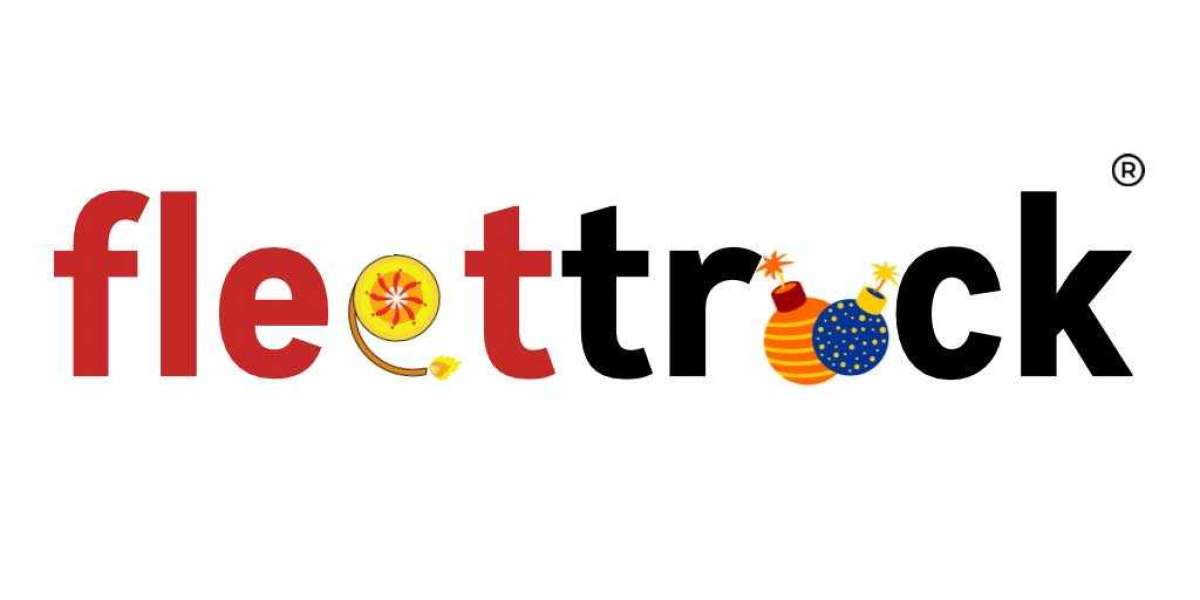As the Australian market continues to evolve and adapt to changing global dynamics, it is crucial for businesses to stay informed about the hottest market trends in the country. Understanding these trends and their impact on businesses can help organizations make informed decisions and stay ahead of the competition.
1. The Rise of E-commerce
E-commerce has experienced significant growth in Australia in recent years. With the increasing popularity of online shopping, businesses are now focusing on establishing a strong online presence to cater to the changing consumer behavior. The convenience and accessibility of e-commerce platforms have revolutionized the way Australians shop, and businesses need to adapt to this trend to remain competitive.
For example, traditional brick-and-mortar retailers are now investing in e-commerce platforms and optimizing their websites for mobile devices to provide a seamless shopping experience. This trend has also led to the emergence of new business models, such as dropshipping and online marketplaces, which offer unique opportunities for entrepreneurs.
2. Sustainability and Ethical Consumerism
Australian consumers are becoming increasingly conscious of the environmental and social impact of their purchasing decisions. This has led to a rise in demand for sustainable and ethically produced products and services. Businesses that prioritize sustainability and ethical practices are gaining a competitive edge in the market.
For instance, companies that implement eco-friendly manufacturing processes, use renewable energy sources, or support fair trade practices are attracting a growing customer base. Consumers are willing to pay a premium for products and services that align with their values, and businesses that fail to address these concerns may face reputational risks and decreased customer loyalty.
3. Digital Transformation and Automation
The digital transformation of businesses is a global trend, and Australia is no exception. Companies are increasingly adopting digital technologies and automation to streamline their operations, enhance efficiency, and improve customer experiences. This trend is particularly evident in industries such as finance, healthcare, and manufacturing.
For example, financial institutions are leveraging artificial intelligence and machine learning algorithms to automate processes like customer support and fraud detection. Healthcare providers are implementing telehealth solutions to improve access to medical services, especially in remote areas. Manufacturers are embracing robotics and IoT technologies to optimize production processes and reduce costs.
4. Changing Demographics and Cultural Diversity
Australia is known for its multicultural society, and this diversity is shaping the market trends in the country. As the population becomes more diverse, businesses need to adapt their strategies to cater to different cultural backgrounds and preferences.
For instance, the food and beverage industry is witnessing a surge in demand for international cuisines, prompting restaurants and food delivery services to expand their menus and offerings. Similarly, the fashion and beauty industries are embracing inclusivity and diversity in their marketing campaigns to appeal to a wider audience.
Overall, businesses in Australia need to stay abreast of these market trends and adapt their strategies accordingly. Embracing e-commerce, prioritizing sustainability, leveraging digital technologies, and catering to diverse demographics are key factors that can determine the success of businesses in the Australian market.








